Monday, 13 May 2024
Menu
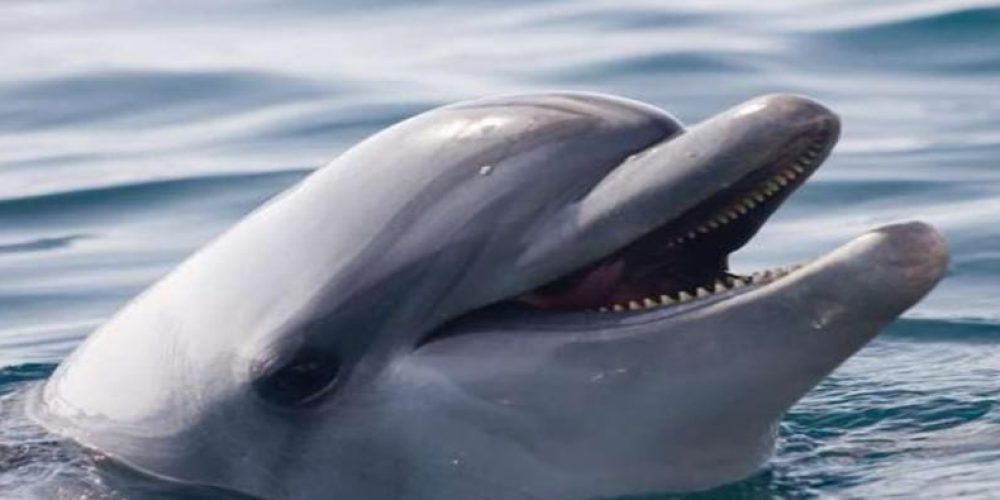
As we know, when using dive computers, we use decompression algorithms developed by scientists based on research and experience over the years. One of the mottoes we follow is “plan your dive and dive your plan”. Do marine mammals such as dolphins behave similarly to us when planning their hunts?
The question seems to have intrigued an international team of marine biologists, and their analysis of Risso’s dolphins hunting squid indicates that the mammals use data collected in advance about their potential prey to plan each dive in advance.
Risso’s dolphins dive hundreds of metres in search of schools of squid and, as mammals, have limited time to find and consume as much food as possible. However, squid, once located, can change depth, direction and speed of movement.
Researchers from St Andrews in Scotland, the University of California and the Monterey Bay Aquarium Research Institute chose the waters around Catalina Island, California, as the site for the study. According to the guidelines, each dolphin would carry out 7-11 dives, over a wide range of depths, with only a minute or two spent on the surface for recovery.
Using a pole, the scientists attached sound- and motion-recording tags to the fins of the dolphins to track not only their depth and observe their movement, but also the voice signals they emitted. At the same time, they tracked the movements of the squid shoals using a sonar mounted on the ROV. The data obtained during the 37 dolphin dives were later analysed in the laboratory.
It was discovered that dolphins began echolocation moments after diving, gathering data about their hunting ground, the movements of squid schools and their shape. The mammals were also found to narrow their search and echolocation range during subsequent dives to the depth at which they detected the largest concentrations of squid during previous dives.
During the ascent after foraging, the extent of the search increased again, indicating that they had started searching for more shoals at shallower depths. The fact that echolocation was also carried out during the ascent indicated that the dolphins were planning their foraging strategy for the next dives.
As the researchers argue in a paper published in the Journal of Experimental Biology, this variability and coordination of echolocation can be interpreted as using previously obtained information to plan future dives. The researchers also believe that the dolphins process the information obtained on an ongoing basis, adjusting their plans based on the newly acquired data.
Source: upi.com Photo: wikipedia.org CC 3.0

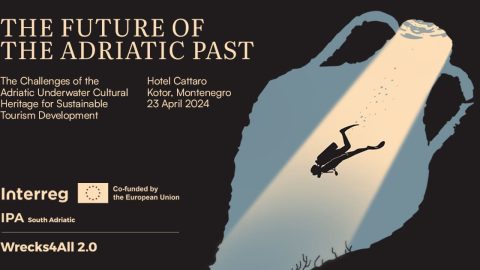
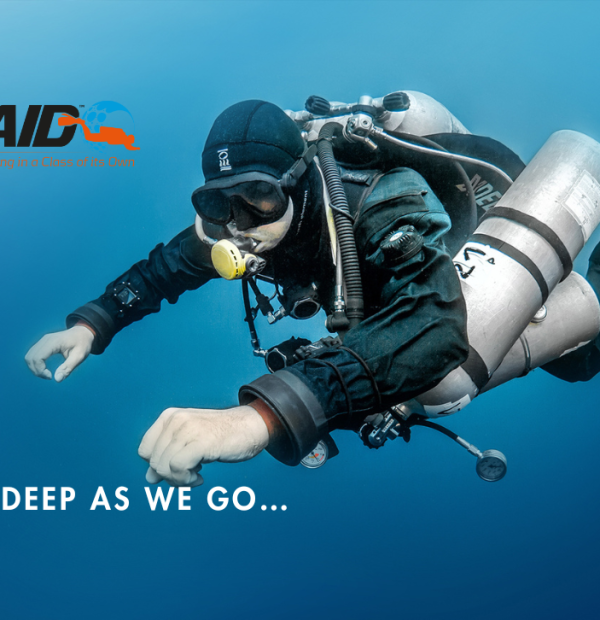


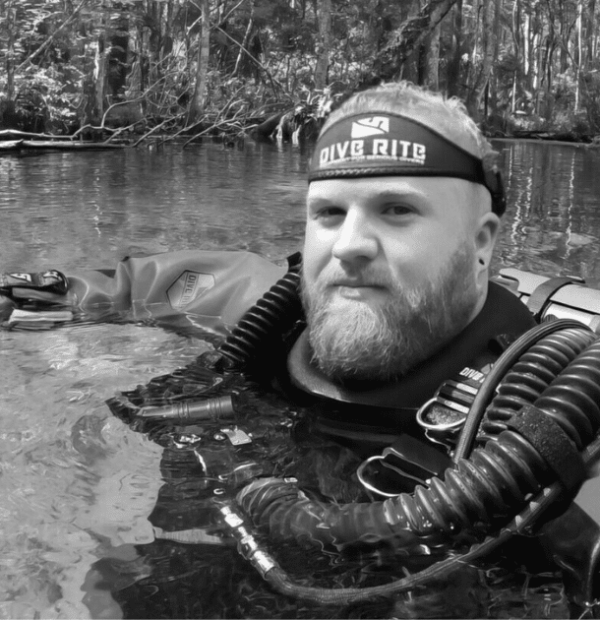

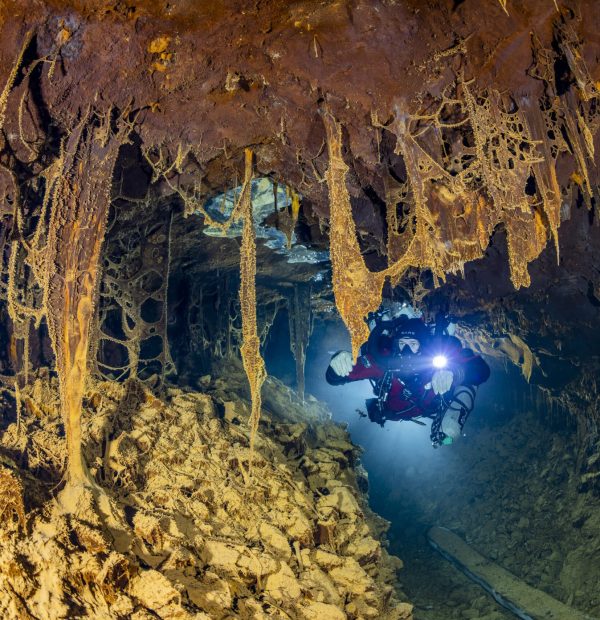
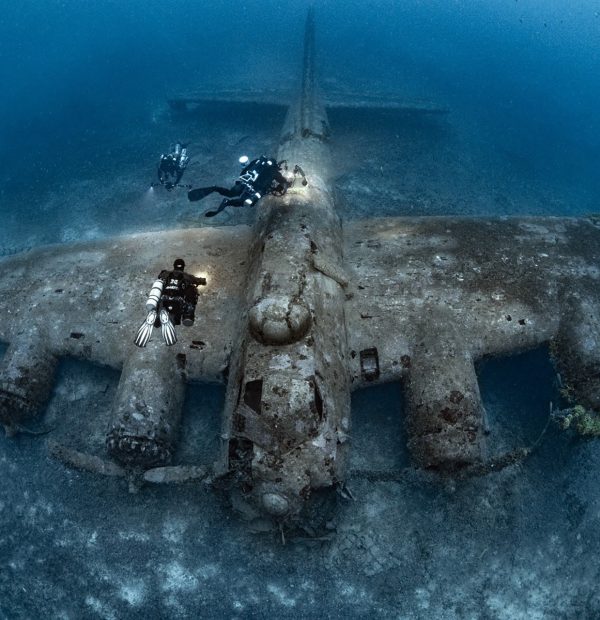

Welcome to DIVERS24.COM, your daily source of scuba news, freediving, scuba diving information, and equipment reviews. Our comprehensive coverage of the dive industry from A to Z provides you with all the latest scuba news, training updates, underwater photography tips, and everything else related to scuba diving. Whether you’re a beginner or an experienced diver looking for more knowledge about scuba gear or techniques – we’ve got it covered! With our in-depth articles written by experienced divers who have been there and done that, you are sure to find exactly what you need here at Divers24.com. Dive into scuba news today!
Underwater Media Sp. z o.o.
Szafarnia 11/F8,
80-755 Gdansk, Poland
Welcome to DIVERS24.COM, your daily source of scuba news, freediving, and scuba diving information. Sign in for a weekly news update and discount coupons for dive gear and apparel.
@2023 - underwatermedia.pl. All Right Reserved. Designed and Developed by Tworzenie stron internetowych Gdansk

The Divers24 portal is currently the largest online medium treating diving in Poland. Since 2010 we have been providing interesting and important information from Poland and around the world on all forms of diving and related activities.
Contact us: info@divers24.com